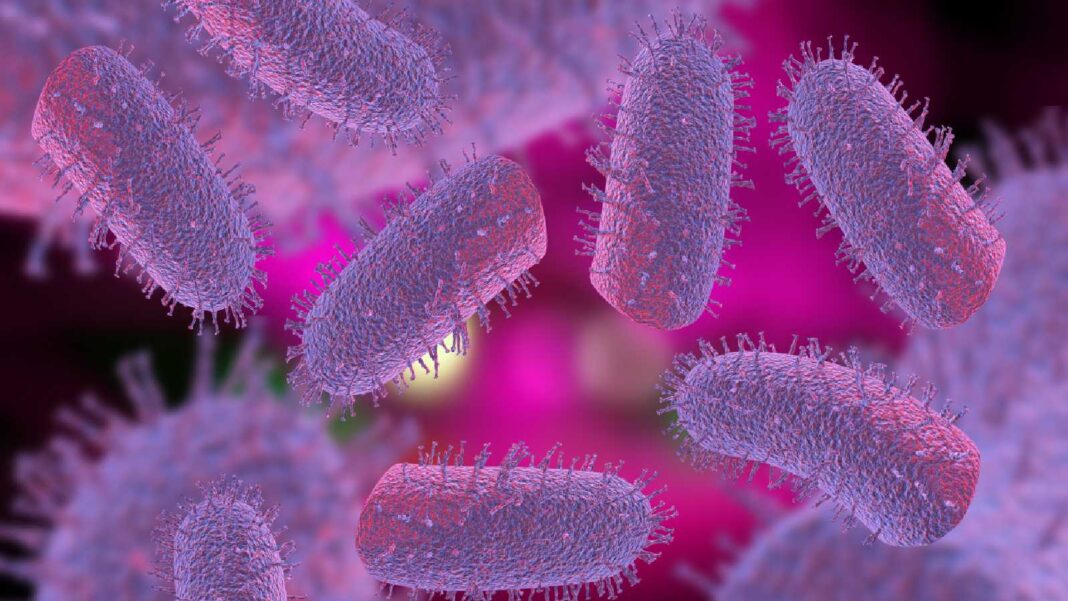A bacterial infection, popularly known as the flesh-eating bacteria is spreading in Japan. Here’s everything you need to know about it.
Japan has reported yet another infection that can kill people in just 48 hours. Cases of the ‘rare-flesh eating bacteria’ have reached a new high in Japan. The National Institute of Infectious Disease of Japan has reported that the cases of streptococcal toxic shock syndrome (STSS) have reached 977, exceeding the 941 cases reported last year. STSS is a rare but dangerous bacterial illness that can arise when bacteria enter the bloodstream and into the deep tissues. It was reported that the syndrome has a mortality syndrome of 30 percent, and it has claimed 77 lives between January and March in 2024.
The current outbreak in Japan has already surpassed the 941 preliminary cases recorded last year, which was the highest since 1999. The report also stated that Japan had witnessed the second-highest number of deaths in the previous six years with 97 deaths. The soaring number of infections so far has sent the country into a frenzy and led to several concerns. Here’s everything you need to know about the flesh-eating bacteria in Japan or streptococcal toxic shock syndrome (STSS).
What is the flesh-eating bacteria or streptococcal toxic shock syndrome (STSS)?
Flesh-eating bacteria or STSS is a rare, serious complication of Streptococcus infection, as per a study published in the journal Cureus. It is generally produced by Staphylococcus aureus (staph) bacteria, however, it could be also spread by group A streptococcus (strep) bacteria. This infection spreads when the bacteria reaches the bloodstream and infects the deep tissue, which can affect adults and children. It is believed to produce toxins that can set off a “hyper-inflammatory response” in the body, which can lead to shock, rapid tissue necrosis (RTN), and extreme pain.

What are the symptoms?
As per the data by the US Centers for Disease Control and Prevention (CDC), initial symptoms of STSS include:
The symptoms may aggravate after 24-48 hours after the initial symptoms show up. It may get more serious:
- Low blood pressure or hypotension
- Rapid breathing or tachypnea
- Tachycardia or fast heart rate
- Organ failure
Why is it considered fatal?
STSS is referred to as a fatal infection because of its complications. As per the CDC, STSS can shut down and send the body into shock, which can lead to surgery. You may have to get the infected tissue or the limbs removed that have been infected. Even with treatment, the condition is believed to be deadly. Out of 10 people with STSS, 3 people are believed to be infected with the condition, as per the data by CDC.
Who is at a higher risk of developing STSS?
While anyone can get infected with the bacteria, some factors that increase the risk include:
- People who are 65 or older
- Someone who has had surgery or a viral infection
- Those who are alcoholics or have diabetes

Diagnosis of STSS
There is no way of checking STSS, but your healthcare provider may ask you for a blood sample to check for group A strep infection. Your doctor may diagnose the infection in case you have either A group A strep infection your blood pressure is low or problems with one organ or more. STSS can affect your multiple organs such as blood, kidney, liver, skin, lung, or soft tissue.
Treatment of STSS
Your healthcare provider may give you antibiotics to treat STSS. Patients are often given fluids given through a vein. Other treatments are also used to help treat shock and organ failure. Some patients infected with STSS may need surgery to get rid of the infected tissue.
Select Topics of your interest and let us customize your feed.








